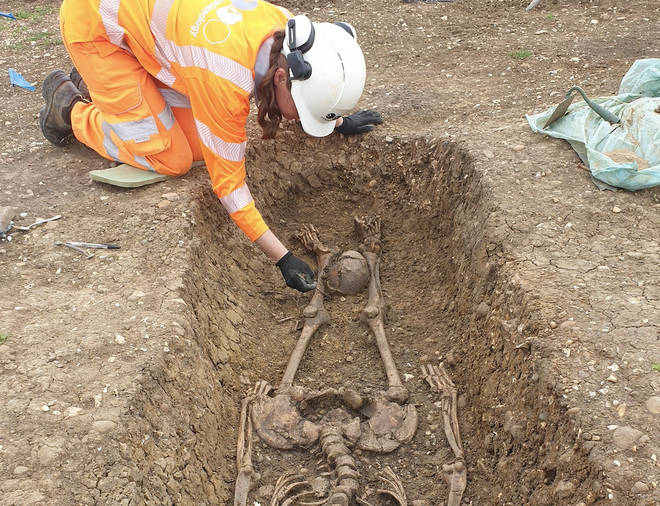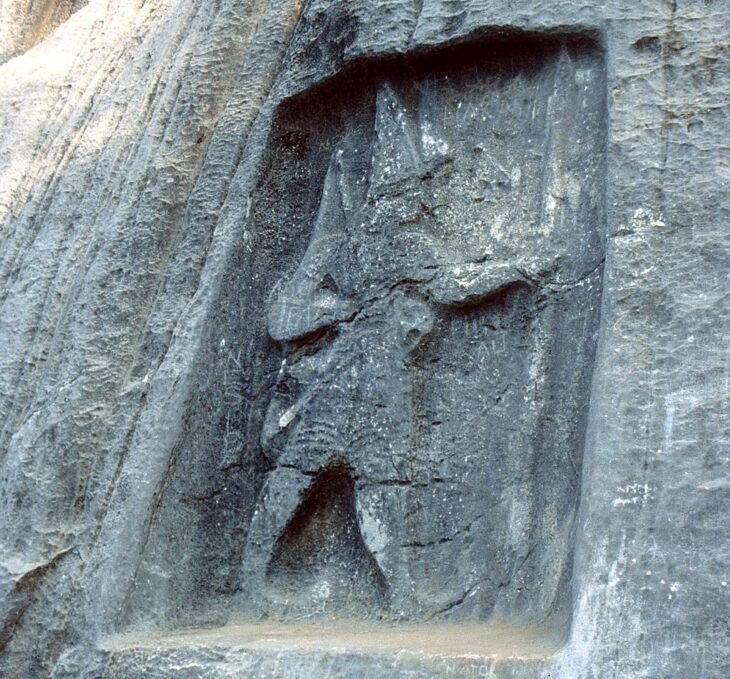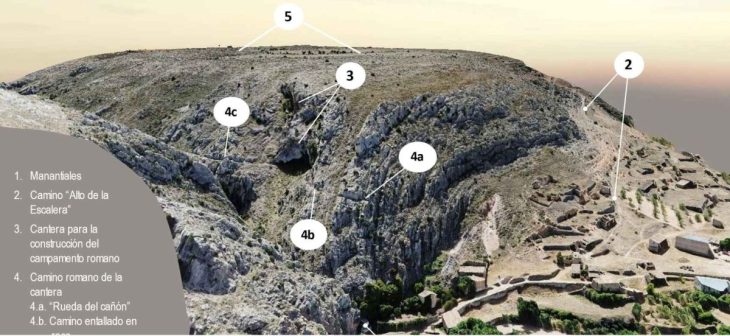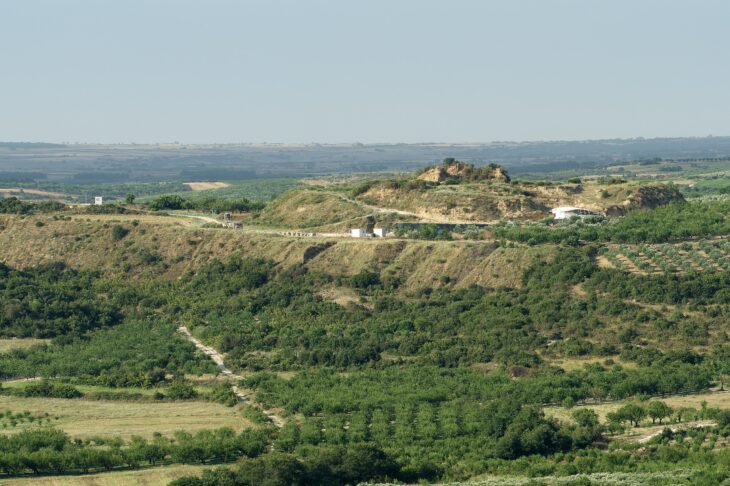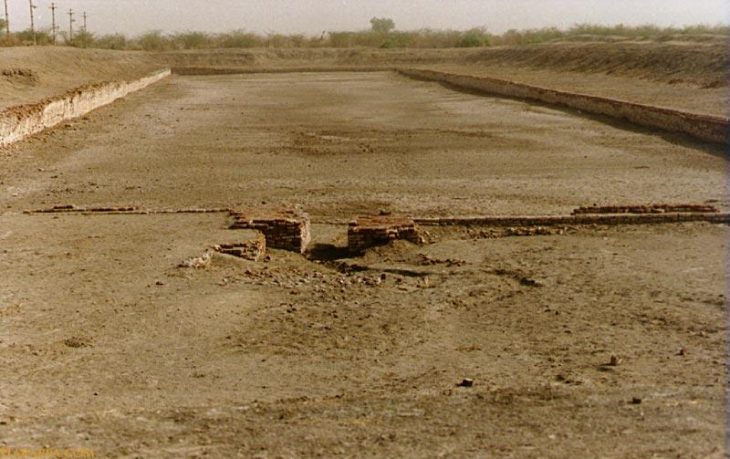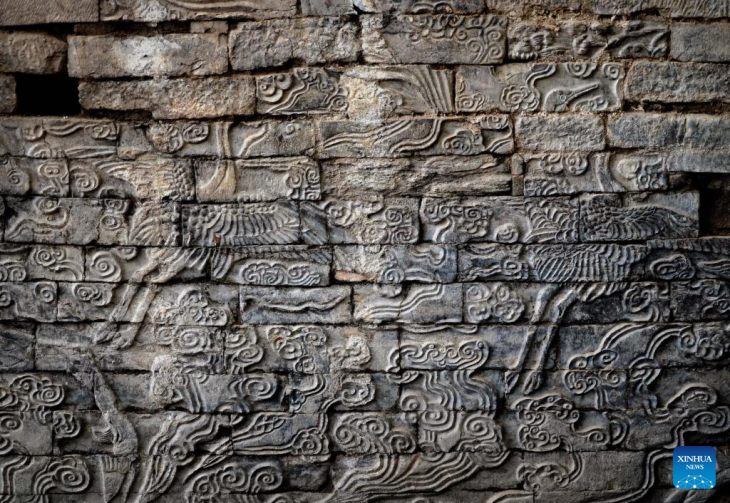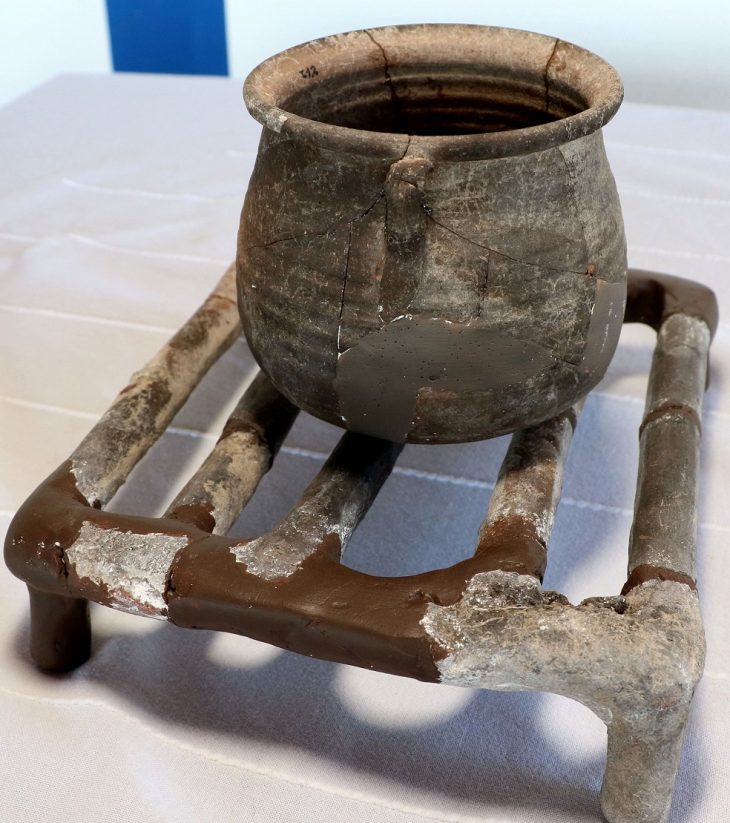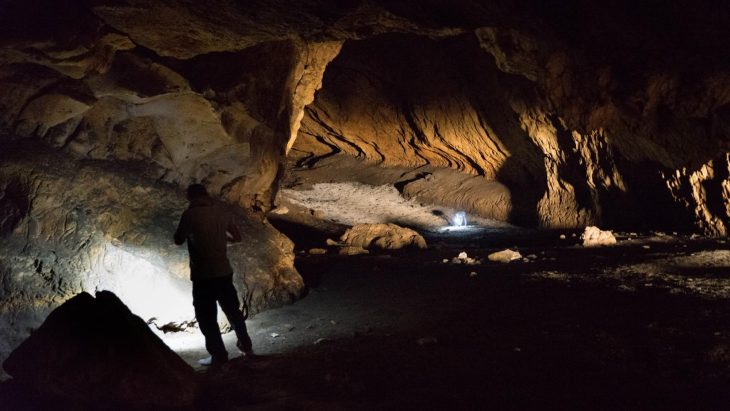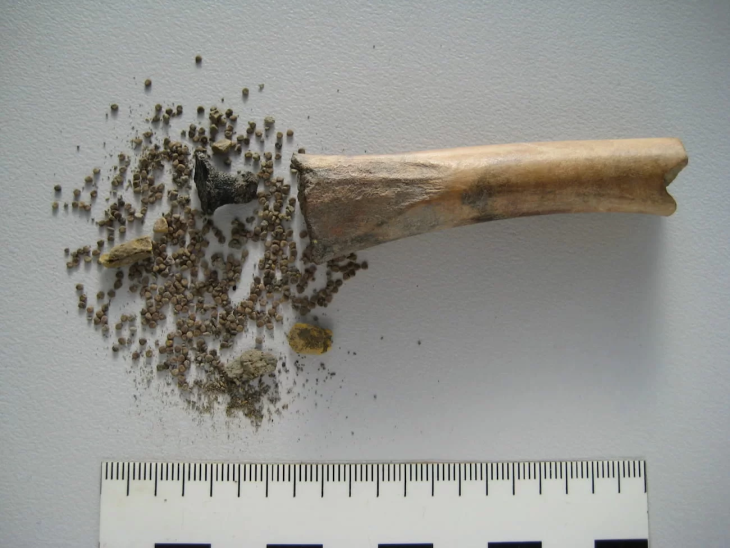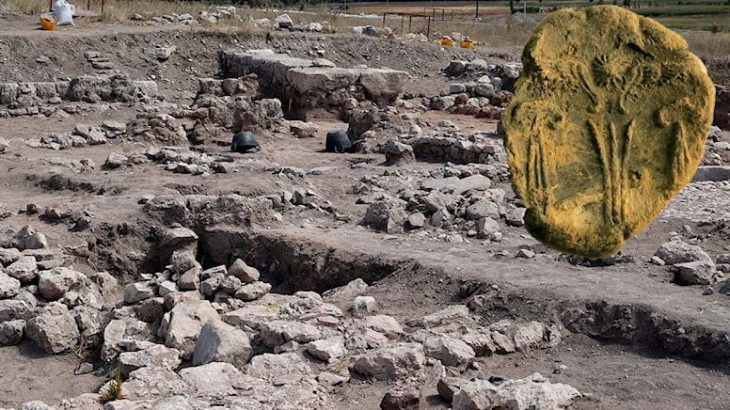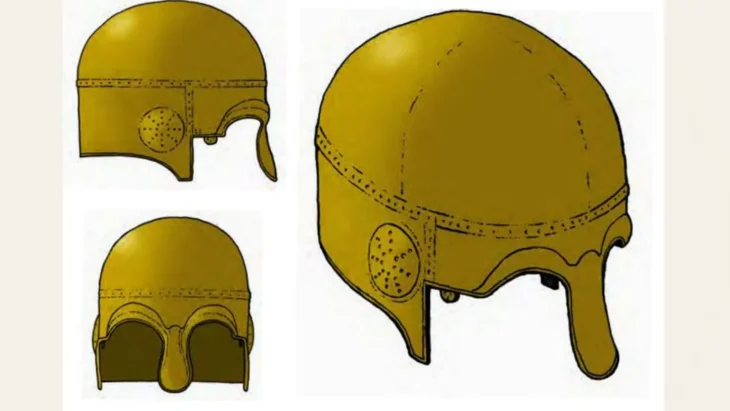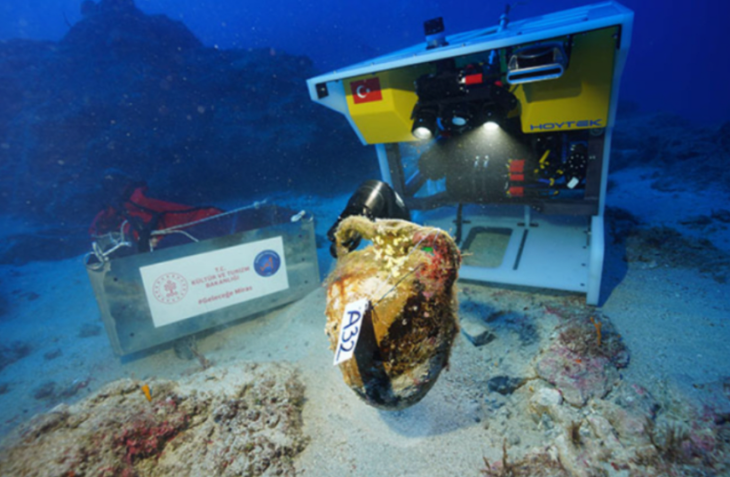Archaeologists working with the HS2 project have discovered 425 bodies on the route of the new railway line – around 40 of them decapitated.
A team of 50 archaeologists had been working on the site for more than a year, Specialists scouring the route for sites of historic importance have made thousands of interesting discoveries so far and added a staggering find this week.
The skeletons were found discovered in a late Roman cemetery, thought to be the biggest of its kind in Buckinghamshire.
About 10% of the 425 bodies found in Fleet Marston, near Aylesbury in Buckinghamshire, had their heads cut off, and a number had the head placed between their legs or near their feet.
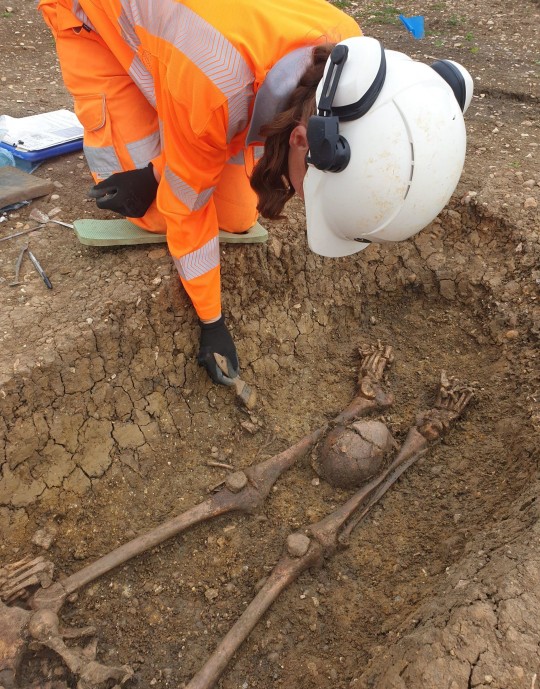
HS2 Ltd, the group behind the high-speed rail development, said this could be because those buried were criminals or a type of outcast”, but decapitation was a “normal, albeit marginal” part of burials in the late Roman period – towards the end of 410AD.
The cemetery, the largest of its kind in Buckinghamshire, may have been organized by tribe, family, and ethnicity.
The archaeologists also discovered more than 1,200 coins at Fleet Marston, indicating it was an area of trade and commerce. Domestic objects including spoons, pins, and brooches were found, while gaming dice and bells suggest that gambling and religious activity also occupied people’s time at the site.
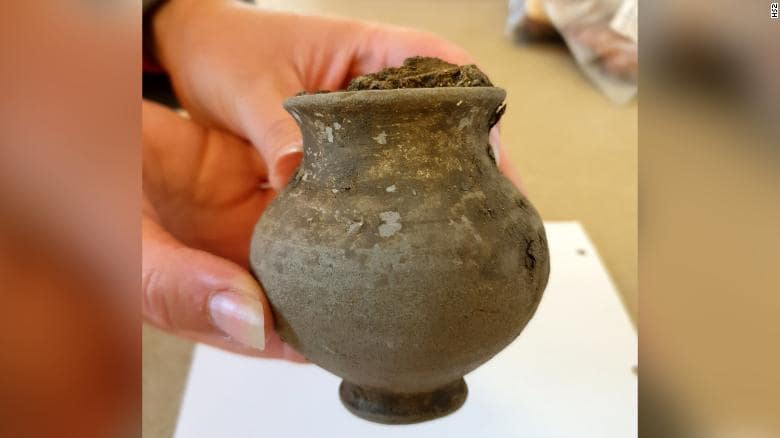
Richard Brown, senior project manager for Cotswold Archaeology and Oxford Archaeology, said: “The excavation is significant in both enabling a clear characterisation of this Roman town but also a study of many of its inhabitants.
“Along with several new Roman settlement sites discovered during the HS2 works it enhances and populates the map of Roman Buckinghamshire.”
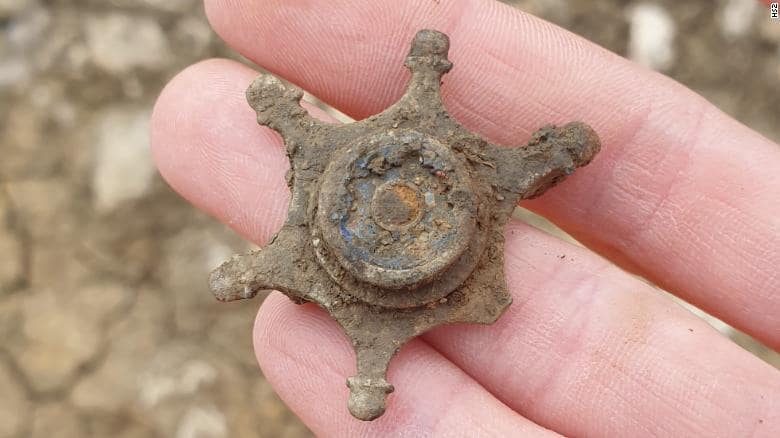
Fleet Marston is one of more than 100 archaeological sites examined by HS2 since 2018 on the route of the first phase of the railway between London and Birmingham.
The bodies are being stored for further analysis and developers are not required to rebury the remains, unlike those who are exhumed from Christian grounds as the track snakes its way towards Birmingham from London.

